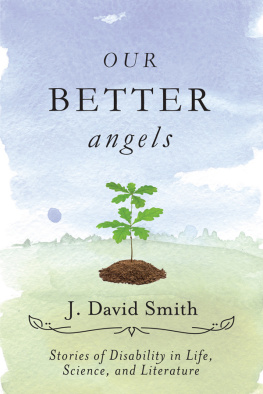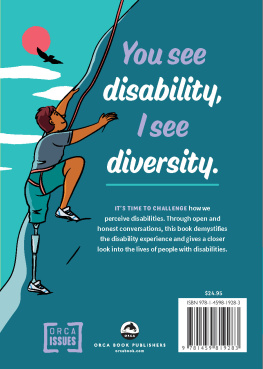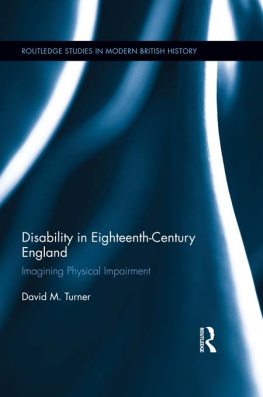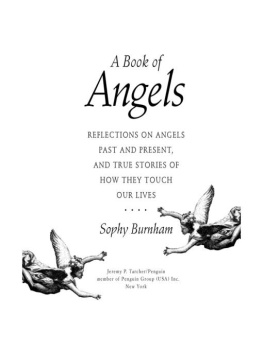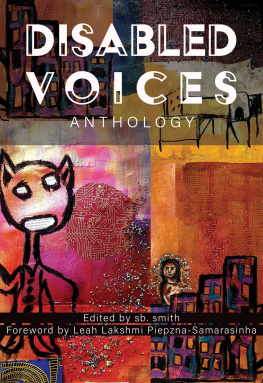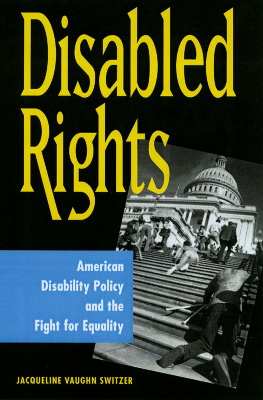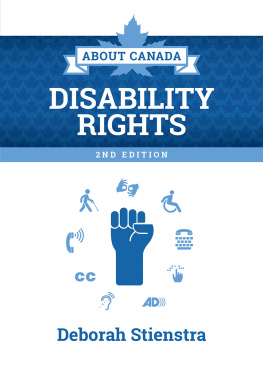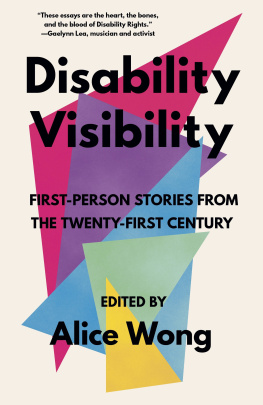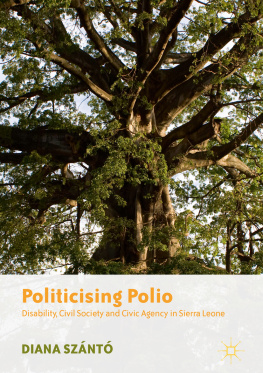This book is dedicated to my son Lincoln,
and to my daughters Allison and Sallie
With love as you create your own stories,
Dad
Copyright 2003 by Corwin Press, Inc.
First Skyhorse Publishing edition 2016
All rights reserved. No part of this book may be reproduced in any manner without the express written consent of the publisher, except in the case of brief excerpts in critical reviews or articles. All inquiries should be addressed to Skyhorse Publishing, 307 West 36th Street, 11th Floor, New York, NY 10018.
Skyhorse Publishing books may be purchased in bulk at special discounts for sales promotion, corporate gifts, fund-raising, or educational purposes. Special editions can also be created to specifications. For details, contact the Special Sales Department, Skyhorse Publishing, 307 West 36th Street, 11th Floor, New York, NY 10018 or .
Skyhorse and Skyhorse Publishing are registered trademarks of Skyhorse Publishing, Inc., a Delaware corporation.
Visit our website at www.skyhorsepublishing.com.
10 9 8 7 6 5 4 3 2 1
Library of Congress Cataloging-in-Publication Data is available on file.
Cover design by Rain Saukas
Print ISBN: 978-1-63450-333-4
Ebook ISBN: 978-1-5107-0100-7
Printed in the United States of America
________________
Contents
________________
Preface
O ur Better Angels is a book about the challenges and possiblities we face in creating a more inclusive and welcoming society for children and adults with disabilities. It is about understanding and celebrating human diversity. It is also a book about the commonality of needs and aspirations throughout the human family.
The values expressed in this book are symbolized in the title by the image of better angels. I borrowed this symbol from Abraham Lincolns first inaugural address. He closed his address to the Union that was torn and filled with anger with an appeal to the better angels of our nature. He hoped that the better angels in America would lead to peace and solidarity.
I believe that the creation of more inclusive society for all people depends on calling upon the better angels of our character. It depends, as well, on our true commitment to the ideals of human equality and a democratic society.
ACKNOWLEDGMENTS
Thanks go to those of you who may read this book and know you were there when I needed enlightenment, encouragement, and confirmation. Thank you for caring for me and about my work.
Much of the credit for all of my work as a scholar belongs to Joyce Smith and our children Lincoln, Allison, and Sallie. Their love has sustained me in all that I have attempted over the decades. They have brought the greatest richness to my life.
Darlene Moore and Peggy Ward have blessed this book with their care and attention. Each gave her genuine concern to the quality and integrity of the preparation of the manuscript. They are cherished friends and colleagues. My thanks also goto Robin Patterson and Alison Mitchell for their loyal and competent research assistance.
Finally, my deepest appreciation goes to the men, women, and children whose stories have become part of this book. Most important to me is that their stories have become part of my life.
In addition, the publisher would like to gratefully acknowledge the contributions of the following reviewers:
David Grapka
Project Coordinator, Technology Resources for Education (T.R.E.) Center
New York Council of Administrators of Special Education, Albany, NY
W. David Mills
Section Chief, Exceptional Childrens Division
North Carolina Department of Public Instruction, Raleigh, NC
Lee Nielsen
Teacher, Los Angeles Unified School District
Woodland Hills, CA
Leonard O. Pellicer
Dean, School of Education
University of La Verne, La Verne, CA
Jolinda Simes
District Mentor for Special Education
Minneapolis Public Schools, Minneapolis, MN
Note: Earlier versions of some of the chapters of this book were published in Mental Retardation and Remedial and Special Education, and in the authors book Inclusion: Schools for All Students.
______________________________
About the Author
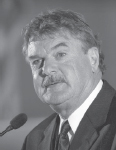
J. David Smith is Provost and Senior Vice Chancellor at The University of Virginias College at Wise. He earned both baccalaureate and graduate degrees from Virginia Commonwealth University. He was awarded a second masters degree and his doctorate from Columbia University. His professional experience includes work as a public school teacher and as a counselor. He and his wife, Joyce, served two years in Jamaica working as Peace Corps volunteers. Before coming to The University of Virginias College at Wise as Provost, he served as Dean of the School of Education and Human Services at Longwood University. He also served as Chair of the Department of Educational Psychology at the University of South Carolina. He began his higher education career at Lynchburg College. Smith has made numerous invited presentations to national and international audiences and regularly contributes to the professional literature on education, human services, and public policy through journal articles. He is the author of ten books. One of the integrating themes of his research and writing has been a concern for the rights and dignity of people with disabilities. Smith has devoted much of his scholarship to the study of the history of eugenics and its impact on social and educational policy, and he has also been active in addressing contemporary problems and issues in education.
Introduction
Power and Epiphany: Reflections on the Personal and Cultural Value of Disabilities
T he uses and abuses of power are fundamental concerns of the human condition. Most of us are aware that the challenge of encouraging good and preventing destructive uses of power has been a prevailing theme of history. It is also central to the most compelling issues we face today. Less obvious to many of us, however, is the question of how the actions and values associated with power may be influenced by people who are thought of as lacking power themselves. The stories in this introduction are offered as a way of establishing the context for the book that follows. They provide insights into the transforming influence of children and adults with disabilities on the lives of others. They are profiles of the power of the powerless.
The Aryan Nations, a Cleft Palate, and an Epiphany
In 1992, Floyd Cochran was the chief recruiter for the Aryan Nations. As the fifth-ranking leader of this self-proclaimed neo-Nazi, white supremacist organization, he was admired for his skill in dealing effectively with the public and a critical press. Cochran was very successful in using his media savvy and marketing skills to attract young people to the organization. He became the groups national spokesperson and was described by the Aryan Nations chief, the Reverend Richard Butler, as being destined to be the next Goebbels (Hochschild, 1994, p. 29). In July of that year, however, Floyd Cochran was suddenly ordered off the Nations compound. The Reverend Butler gave him five minutes to leave.
The rift in Cochrans relationship with the Aryan Nations had begun earlier that year. Shortly before he was to speak at the Hitler Youth Festival in Idaho, Cochran mentioned to the Nations security chief that he was running late because he had been talking with his wife on the telephone. He was very concerned about his four-year-old son, who was having surgery to correct a cleft palate. The chiefs response to Cochran was, Hes a genetic defect. When we come to power, hell have to be euthanized (Hochschild, 1994, p. 34).

